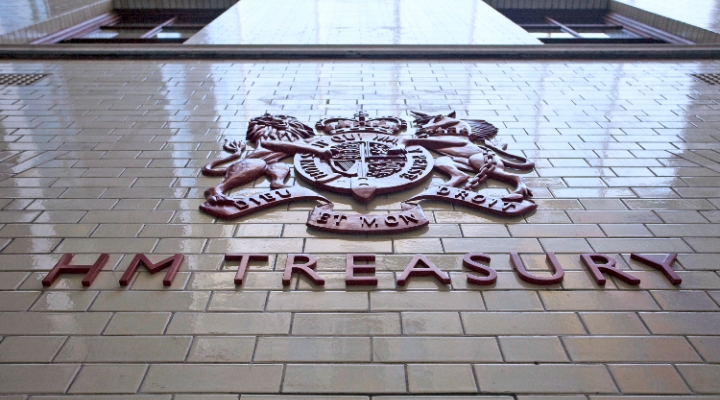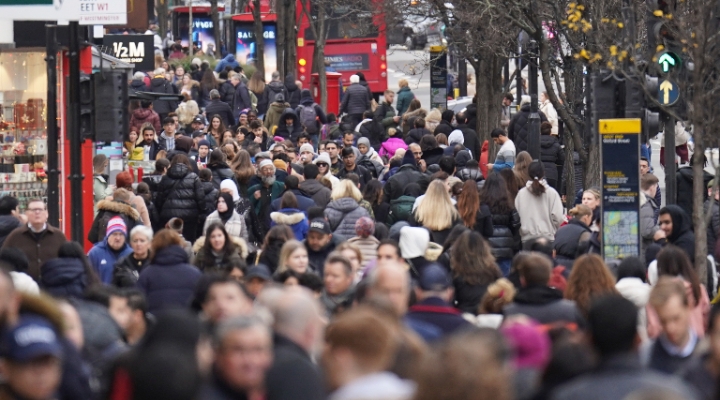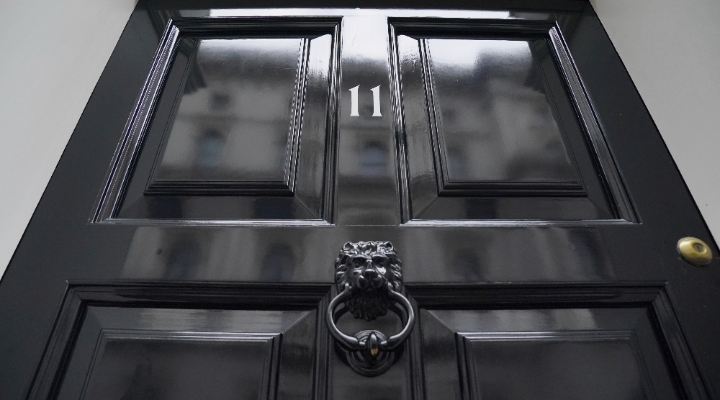
UK government borrowing dropped sharply in December, figures from the Office for National Statistics (ONS) show today.
Public sector net borrowing, excluding public sector banks, amounted to £7.8 billion - some £8.4 billion less than the prior year. It was the lowest level for December since 2019.
Borrowing in the financial year to December was £119.1 billion, which was the fourth-highest for the period on record. It was 10% higher than the equivalent nine-month period of the prior fiscal year.
Public sector net debt excluding public sector banks was £2.686 trillion, which is provisionally estimated to be around 97.7% of the UK's annual gross domestic product.
"This is 1.9 percentage points higher than in December 2022 and remains at levels last seen in the early 1960s," the ONS noted.
Will UK Energy Bills Fall?
Elsewhere, UK energy bills are set to fall by the equivalent of more than £300 a year from April following a drop in wholesale gas prices, analysts have predicted.
Cornwall Insight has forecast average bills will fall by 16% on the previous quarter, and could reach their lowest since Russia's invasion of Ukraine in February 2022.
The forecaster predicts Ofgem's price cap, representing the average annual bill for a typical household in Great Britain, will fall from the current £1,928 to £1,620 from April – £40 lower than it predicted in December.
Furthermore, it has predicted prices will remain lower than the current cap throughout 2024, falling to £1,497 a year in July before rising slightly to £1,541 in October.
It said tensions in the Red Sea had failed to derail the prospect of lower energy bills and European gas stocks remained at higher-than-expected levels for the time of year, reflecting the relatively mild winter.
This, combined with "fairly healthy supply conditions", had seen wholesale prices fall since November.
However it warned that despite the recent wholesale price drop, UK energy prices remained vulnerable to global events, and any potential disruption to supplies would "weigh on market confidence, and we will need to keep a close eye on market fluctuations over the next few months".
Additionally, ongoing consultations by Ofgem on potential changes to the price cap, including the standing charge and bad debt collection, could affect the overall figure.
What is a Social Tariff?
Craig Lowrey, principal consultant at Cornwall Insight, said: "concerns that events in the Red Sea would lead to a spike in energy bills have so far proved premature, and households can breathe a sigh of relief that prices are still forecast to fall.
"Healthy energy stocks and a positive supply outlook are keeping the wholesale market stable. If this continues, we could see energy costs hitting their lowest since the Russian invasion of Ukraine.
"Though recent trends hint at possible stabilisation, a full return to pre-crisis energy bills isn't on the horizon. Shifts in where and how Europe sources its gas and power, alongside continued market jitters over geopolitical events, mean we are likely still facing costs hundreds of pounds above historical averages for a while, potentially the new normal for household energy budgets.
"Whether we can achieve long-term reductions in the UK's energy costs will hinge on breaking free from the volatility of imported energy prices. To make a real and lasting impact, we need to commit to a sustained transition to homegrown renewable energy sources, reducing our reliance on the volatile international energy market."
Which? Energy editor Emily Seymour said: "Millions of households across the country will be relieved to hear energy bills are still predicted to fall in April.
"If you're on a variable tariff, then any reductions to the price cap will be automatically applied in April. If you are on a fixed deal and think you might be paying more than the new rates come the spring, then it's worth checking the exit fees to see if you can leave early if prices do fall below the cost of your fixed tariff.
"In the long term, a properly-targeted social tariff is desperately needed to ensure the most financially vulnerable are able to afford their energy bills."
By Elizabeth Winter, Alliance News deputy news editor, and Josie Clarke, PA Consumer Affairs Correspondent


























